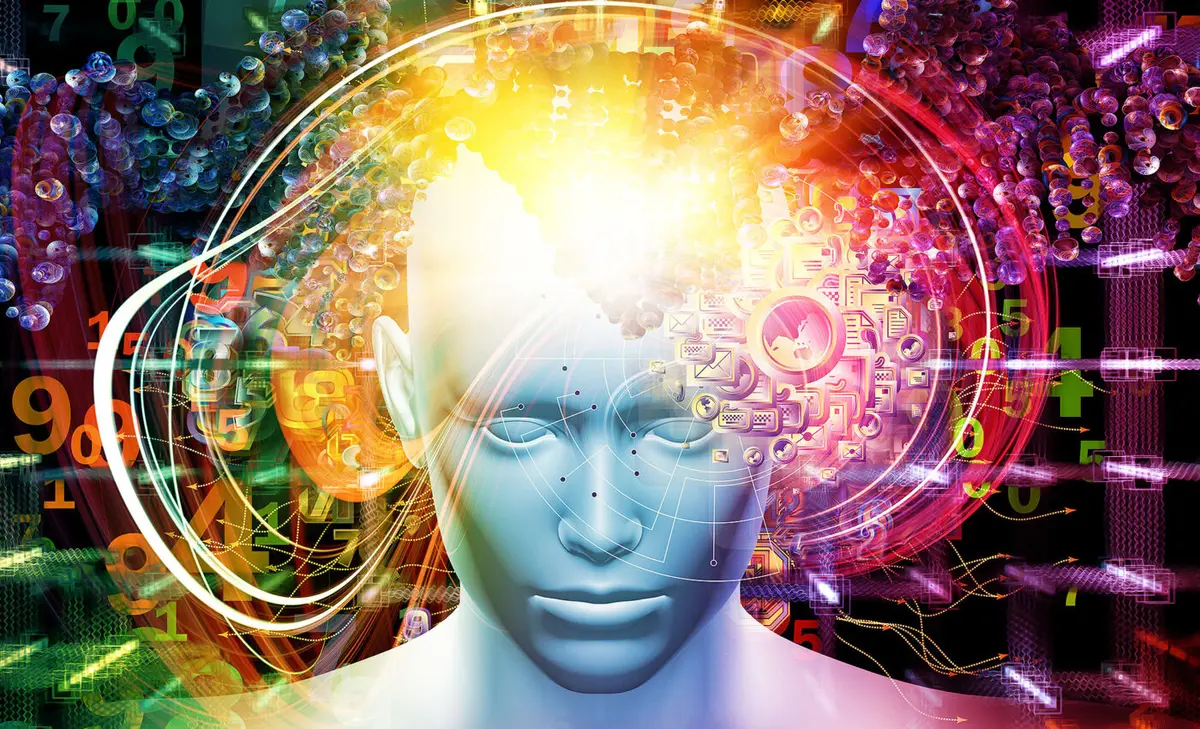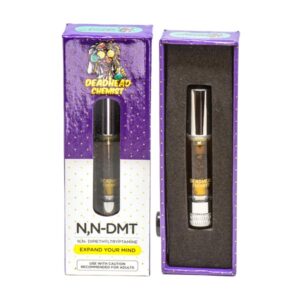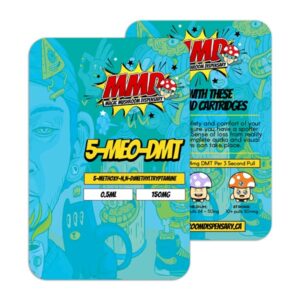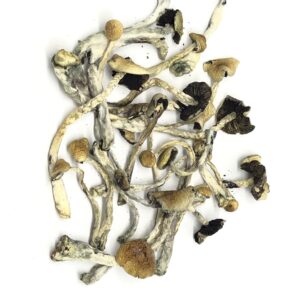Psychedelics, such as psilocybin, LSD, and MDMA, have long been associated with recreational use, often tied to counterculture movements and festivals like Burning Man. While their therapeutic potential is increasingly recognized, recreational use remains prevalent, offering both profound experiences and significant risks.
The Appeal of Psychedelics
Recreational users often seek psychedelics for their ability to alter perception, mood, and cognition. These substances can induce euphoria, heightened sensory experiences, and a sense of interconnectedness, making them popular in social and celebratory settings. Microdosing, the practice of taking small, sub-perceptual doses, has also gained traction for its purported benefits in enhancing creativity, focus, and emotional balance without inducing intense altered states.
Psychological Effects and Risks

While many users report positive experiences, psychedelics can also lead to adverse effects, particularly in uncontrolled settings. High doses may cause users to lose touch with reality, leading to irrational or dangerous behavior. Negative experiences, often referred to as “bad trips,” can involve anxiety, paranoia, and confusion. Studies indicate that 11% of recreational users report persisting negative effects weeks after use, with 7% experiencing issues for months. These risks are influenced by factors such as dosage, environment, and the user’s mental state.
The Role of Set and Setting
The concept of “set and setting” is crucial in moderating the effects of psychedelics. “Set” refers to the user’s mindset, including their expectations and emotional state, while “setting” pertains to the physical and social environment. A positive mindset and a safe, supportive setting can enhance the likelihood of a beneficial experience, whereas stress or an unfamiliar environment may increase the risk of a bad trip.
Long-Term Impacts
Despite the risks, some users report lasting positive effects, such as reduced anxiety, depression, and increased spiritual well-being. Psychedelics have also been associated with lower odds of psychological distress and criminal behavior in large epidemiological studies. However, these benefits are not universal, and the potential for long-term adverse effects, such as Hallucinogen Persisting Perceptual Disorder (HPPD), remains a concern.
Legal and Social Considerations
The legal status of psychedelics varies widely, with many substances classified as illegal in numerous countries. This legal barrier limits access to safe, regulated environments for use. However, shifting attitudes and growing research into their therapeutic potential are gradually changing perceptions, with some jurisdictions decriminalizing or legalizing certain psychedelics.
Recreational use of psychedelics offers a complex interplay of benefits and risks. While they can provide profound and transformative experiences, careful consideration of dosage, environment, and mental state is essential to mitigate potential harms. As research and policy evolve, psychedelics may find a more balanced role in both recreational and therapeutic contexts.













